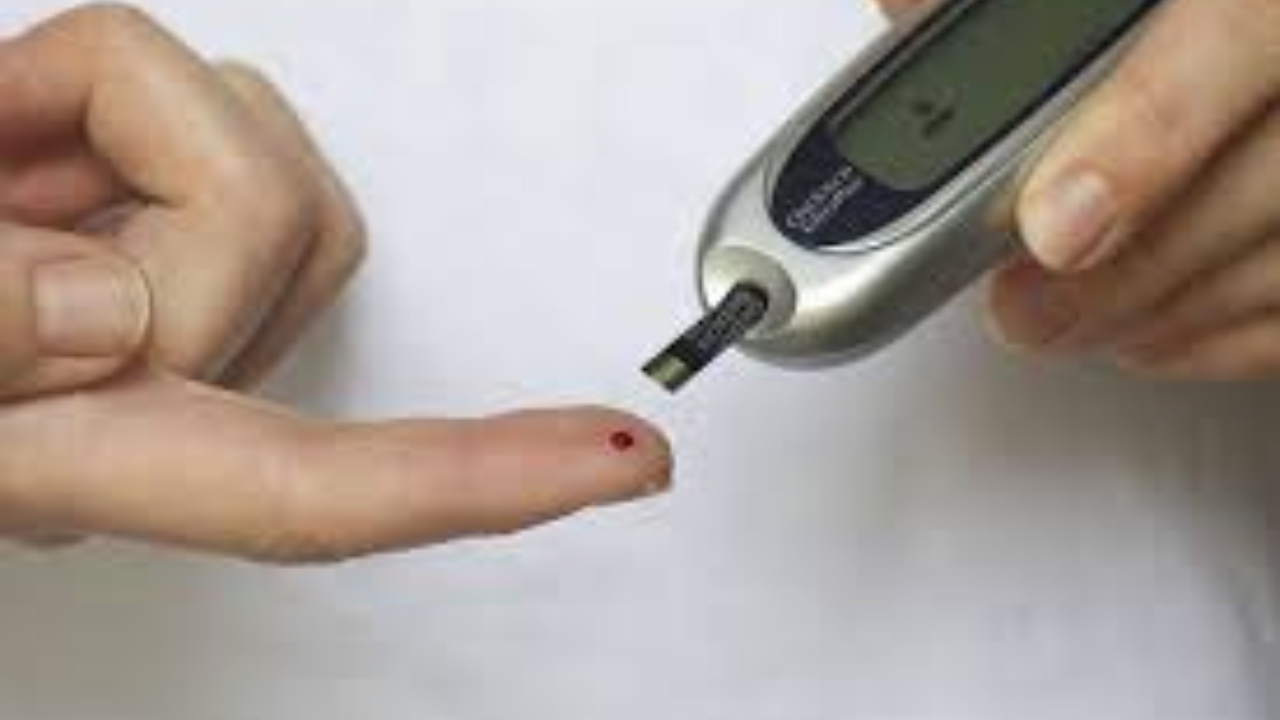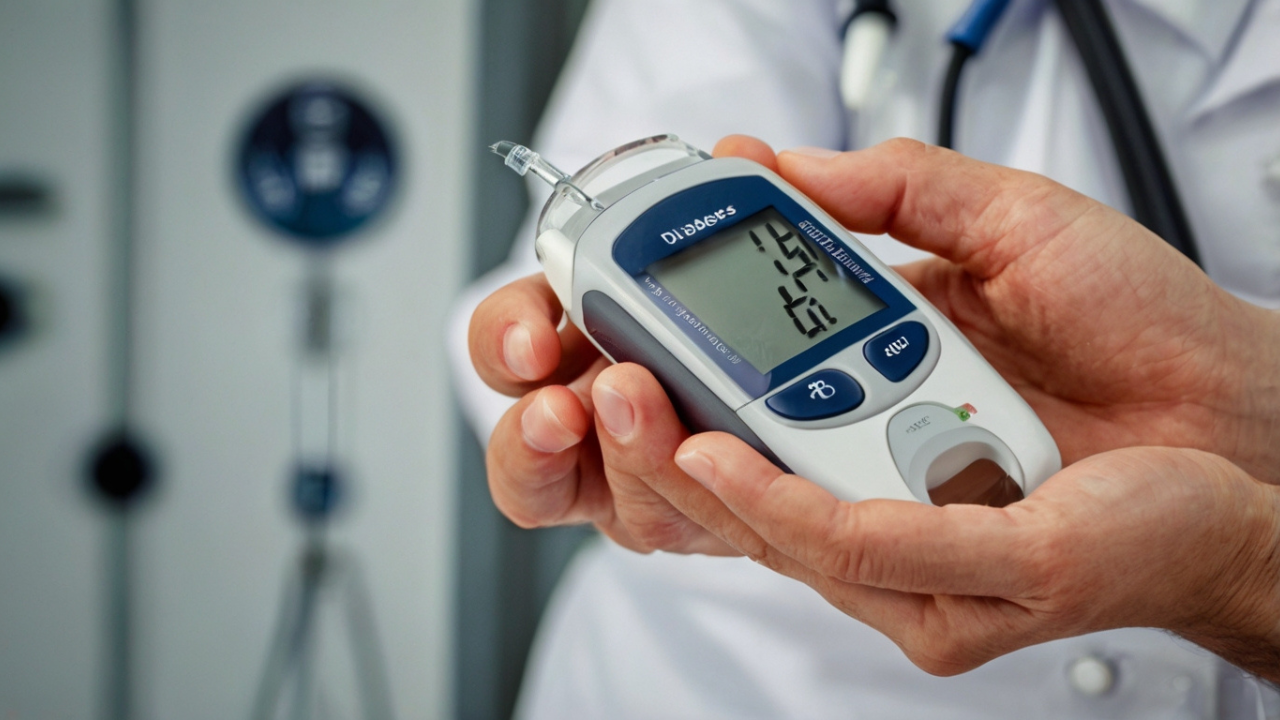What Diabetes is Most Accurately Defined As: A Comprehensive Guide
What Diabetes is Most Accurately Defined As A Comprehensive Guide Overview of Diabetes Diabetes is a chronic medical condition that affects how the body processes blood sugar, also known as glucose. When someone has diabetes, their body either doesn’t produce enough insulin (a hormone that regulates blood sugar) or doesn’t effectively use the insulin it









